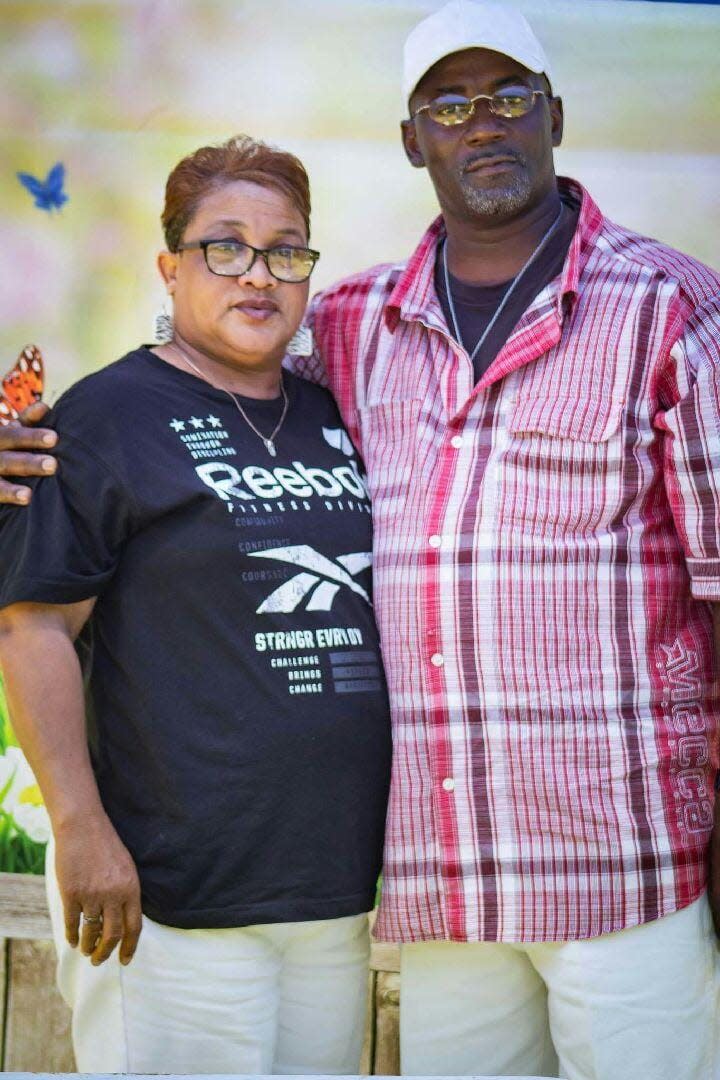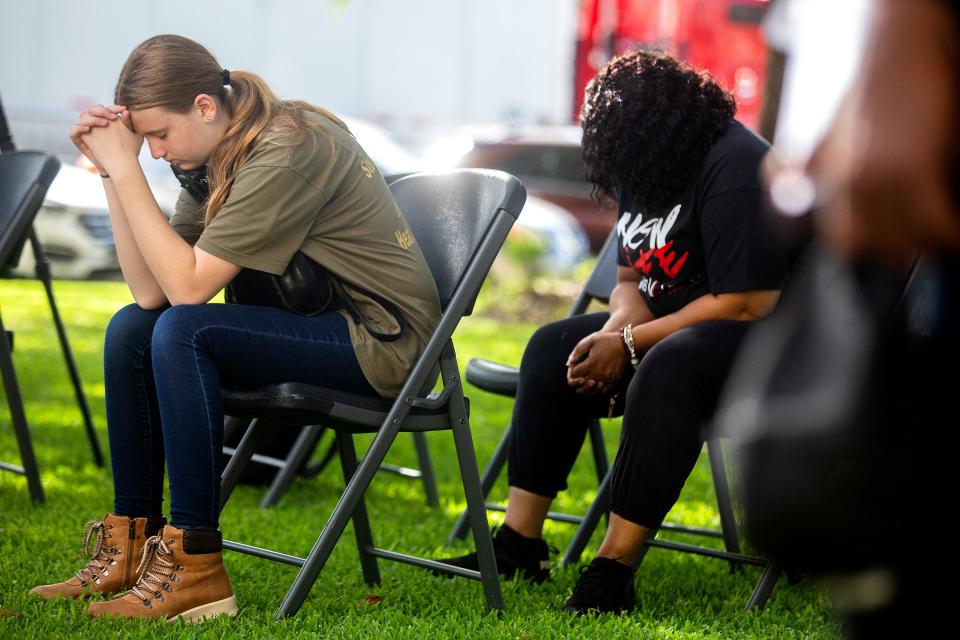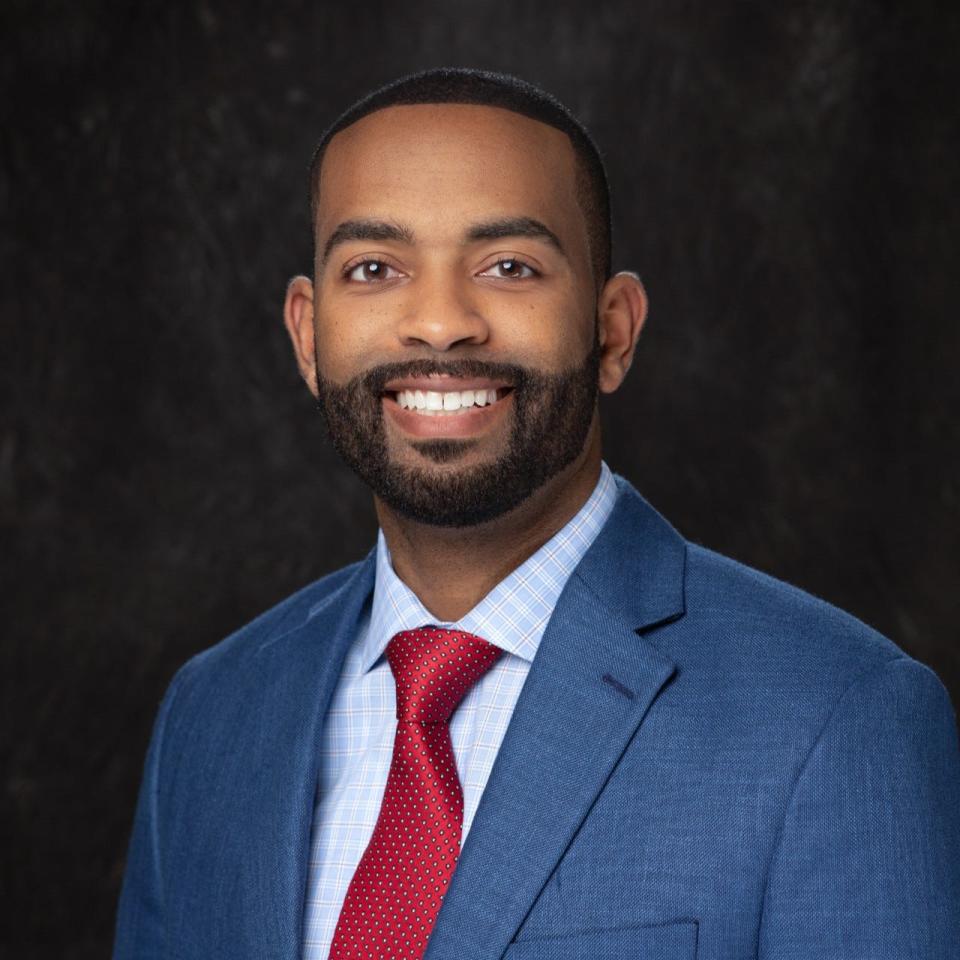Families of opioid overdose victims must be included in identifying solutions | Opinion

Deaths caused by opioid overdose continues to stare our communities in the eyes and pierce our souls. Over the most recent holiday weekend, we experienced multiple deaths suspected to be caused by opioid overdose. Each time we lose a valuable life we all ask ourselves how did we get here and what can be done?
As an expert drug guy (licensed pharmacist) I understand the misuse of medications all too well which drives me to ensure we address these issues starting in our local communities here in Gadsden and Leon counties.
We first need all community members to understand people and their families who are most affected by this epidemic and be willing to collaborate with them to chart a path to help mitigate the opioid overdose challenges our community is facing.
Often the experts and community leaders believe “they know best” and begin to legislate and author solutions for issues that don’t directly affect their lives, but I believe that you can’t teach what you don’t know, and you can’t lead where you don’t go. We must have those mostly affected by the epidemic to be involved in authoring the solutions for our communities.
Evidence based research with proven success in other parts of our country speaks to the need to educate the community about the opioid epidemic that we are facing. By focusing on collaboration with governmental, legal, medical, public health, public safety, and affected persons where all parties have clear and well-designed roles, we can effectively address the epidemic.

It is evident that by “meeting people where they are” is a cornerstone to the success of authoring solutions. This phrase goes beyond compassion but includes being inclusive when addressing any epidemic because behavioral change is ultimately going to be the primary factor to help our community move forward.
Naloxone is a lifesaving opioid reversal agent that has no risk of abuse. Also, if naloxone is misused, it has a very small possibility to cause any harmful effects. Due to the safety of naloxone, easing access to the critical opioid reversal agent will help us fight this epidemic in our back yards.
I am committed as a pharmacist to help lead our communities through this epidemic. Considering evidence-based research, I believe after including all stakeholders, and affected families we should discuss and consider the following five initiatives to be our initial focus. Partnering with local universities and non-profit organizations to apply for federal grants to fund these initiatives will help our community fight for our future.
Targeted Naloxone Distribution
Promoting easily accessible naloxone that includes insurance coverage, low cost or no copays, and protecting laws that allow easy access to naloxone from a licensed pharmacy. We should provide training for patients and first responders as well as funding for public safety officers to maintain naloxone kits.
·Medication Assisted Treatment
Using established and new treatment centers to help monitor and treat patients struggling with opioid addiction.
Structured Educational Strategy
Educating healthcare professionals to ensure everyone is using best practices and support services when treating patients with opioids or for opioid addictions. In addition to educating healthcare professionals, we also need to educate the entire community about the epidemic challenges and support services available.
Easily Accessible Medications for Opioid Use Disorders
Some insurance companies require special approvals to treat patients suffering from opioid use related diseases, so we should consider removing the red tape to treat patients with opioid use disorders.
·Good Samaritan Laws
Analyze and maintain laws that provide limited immunity from drug related criminal charges for opioid overdose victims or bystanders that may result from calling first responders to the scene.
Join us in this fight for a healthier future within our communities.

Gallop Franklin, a Tallahassee Memorial Healthcare pharmacist and assistant professor of pharmacy practice at Florida A&M University’s College of Pharmacy & Pharmaceutical Sciences, Institute of Public Health, is a candidate for State House of Representatives District 8.
JOIN THE CONVERSATION
Send letters to the editor (up to 200 words) or Your Turn columns (about 500 words) to letters@tallahassee.com. Please include your address for verification purposes only, and if you send a Your Turn, also include a photo and 1-2 line bio of yourself. You can also submit anonymous Zing!s at Tallahassee.com/Zing. Submissions are published on a space-available basis. All submissions may be edited for content, clarity and length, and may also be published by any part of the USA TODAY NETWORK.
This article originally appeared on Tallahassee Democrat: Families of opioid overdose victims must be included in identifying solutions | Opinion

